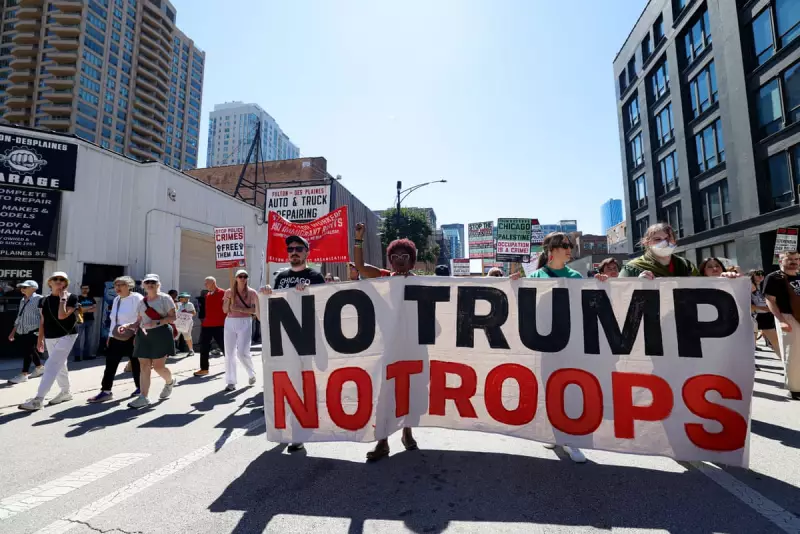
In a bold and controversial declaration, former President Donald Trump has outlined a radical plan to deploy the National Guard to American cities, with Chicago as a primary target, to assist in aggressive immigration enforcement operations. This proposal, which would be enacted if he wins the November election, represents an unprecedented escalation in the politicisation of immigration policy.
A Blueprint for a Militarised Approach
Speaking at a rally, Trump vowed to use the military to "remove" undocumented immigrants, specifically targeting so-called "sanctuary cities" led by Democratic mayors. His strategy involves invoking the Insurrection Act, a centuries-old law, to bypass the longstanding Posse Comitatus Act, which restricts the use of federal military for domestic law enforcement.
The plan has been met with immediate and fierce condemnation. Critics, including legal experts and city officials, warn that it would effectively militarise city streets, lead to widespread racial profiling, and shatter trust between immigrant communities and local law enforcement.
Chicago in the Crosshairs
The city of Chicago, a longstanding sanctuary city, finds itself squarely in the spotlight of this proposed crackdown. Mayor Brandon Johnson's administration has already pledged fierce resistance, labelling the plan "an affront to human rights" and vowing to protect all residents.
This sets the stage for a potential constitutional crisis, pitting federal authority against the rights of states and cities. The move is seen by many as a direct political attack on Democratic strongholds rather than a solely policy-driven initiative.
Legal and Ethical Firestorm
Legal scholars are raising alarms about the potential abuse of the Insurrection Act for a purpose it was never intended for. The act is typically reserved for quelling civil unrest or rebellion, not for enforcing federal immigration law.
Furthermore, the involvement of the National Guard in direct policing roles raises profound ethical questions about the role of the military in civilian life and the potential for violent confrontations.
As the election approaches, Trump's stark proposal ensures that immigration will remain a central, and deeply divisive, issue in the national debate, with the future of millions hanging in the balance.





